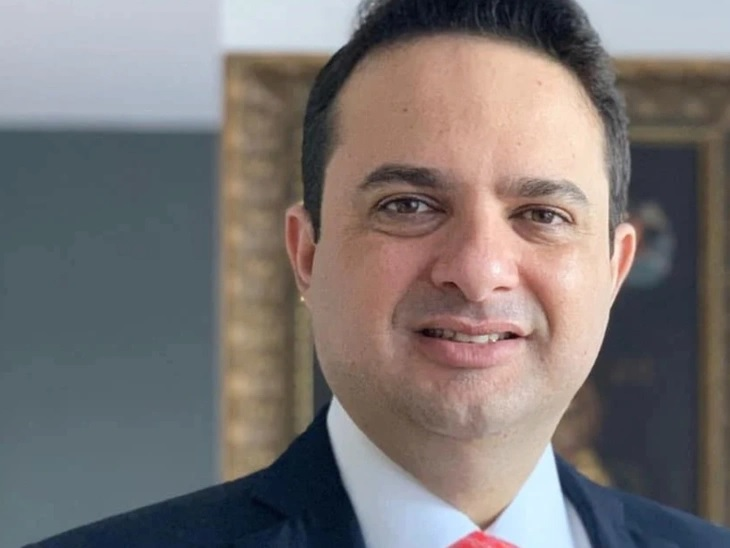
 Biofuels
Biofuels
T&B Petroleum/Press Office Unica

The National Congress approved, this Wednesday (13), the proposed amendment to the Constitution (PEC 15/22) which provides for a differentiated tax regime for biofuels, such as ethanol, in relation to fossil fuels. The measure equates the loss of competitiveness in the face of adjustments made by complementary laws 192/22 and 194/22 on ICMS and PIS/Cofins, in order to reduce the final price of gasoline and diesel.
"We congratulate the National Congress for the initiative of this important step towards the decarbonization of the transport matrix, correcting a distortion that is incoherent with the current moment of transition in search of cleaner and less polluting energies", said the president of the Sugarcane Industry Union -Sugar and Bioenergy (Unica), Evandro Gussi (photo).
Gussi highlighted that the congressional decision signals to the Brazilian business sector the country's alignment with the global green agenda. "All over the world, the transition takes place via subsidies, tax differentials and the carbon market," he added. He explains that Brazil is starting a carbon market policy, with RenovaBio, but for this policy to be effective, legal certainty is needed for investments in the bioenergy sector.
In Brazil, the use of ethanol has systematically contributed to the reduction of CO2 emissions into the atmosphere. Biofuel produced from sugarcane and corn emits up to 90% less CO2 than fossil fuel. Currently, about 46% of Otto cycle vehicles use ethanol from the flex fuel technology, which has been present in the country since 2003.
In these two decades, about 600 million tons of CO2 were not released into the atmosphere, positively impacting the health of millions of people and the environment. This volume represents annual emissions from Argentina, Venezuela, Chile, Colombia, Uruguay and Paraguay. By way of illustration, achieving the same CO2 savings would require planting more than four billion native trees over the next 20 years.
The tax differential between renewable and fossil fuels seeks to promote an ecologically balanced environment, as established in Article 225 of the Federal Constitution. The constitutional text says "everyone has the right to an ecologically balanced environment, a good for common use by the people and essential to a healthy quality of life, imposing on the Public Power and the community the duty to defend and preserve it for the present and future generations".
The criteria for the differentiated tax regime for biofuels will be determined by means of a complementary law.

Contact us